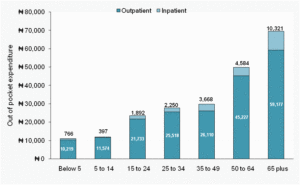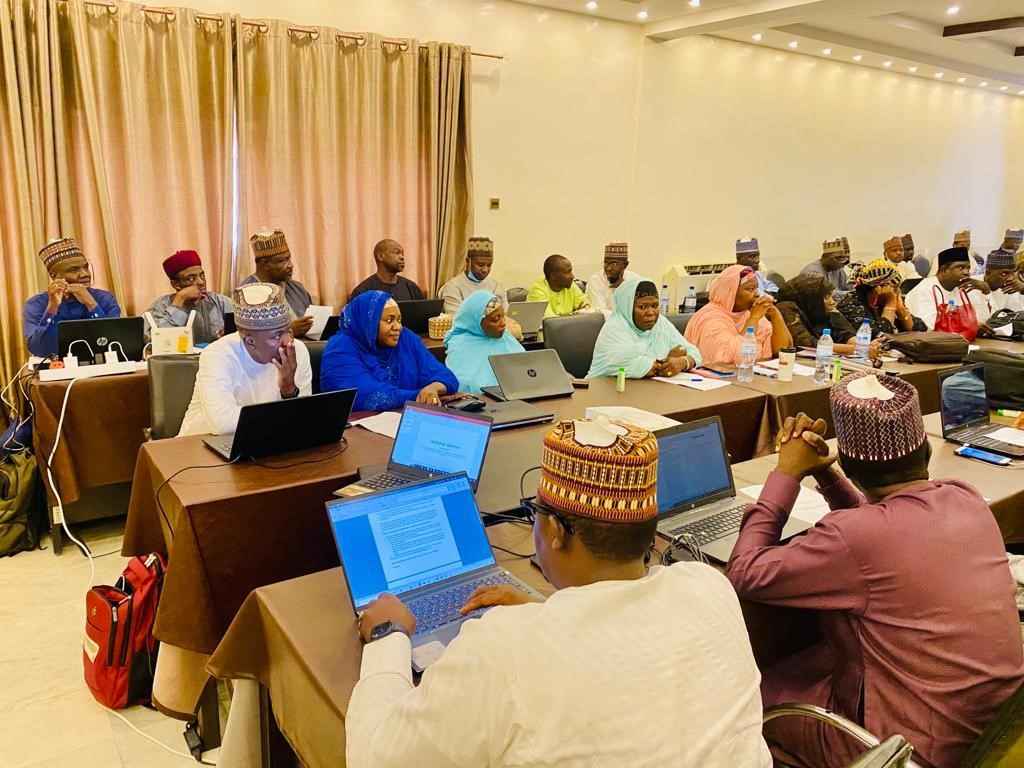Health care systems continue to advance in response to demographical change and disease patterns, rapid technological advances and complex financing and delivery mechanisms. Achieving a system where healthcare provision is made available, accessible, and affordable has been in discourse among proponents of good and equitable healthcare system.
Commonly asked questions in health care systems globally are “how much is spent on health and is it measured in a comparable way, who does the spending, where was the spending done and for what healthcare function?” It is important that building a robust, resilient, and responsive health system that can sustain equitable delivery of integrated packages of essential services and quality health care which is accessible for all individuals, communities, and populations.
Tracking health care expenditures is a panacea to having a sound health system and healthcare delivery policies, hence, the need for health account in national and sub-national levels. Health accounts constitute an important healthcare policy and planning tool for optimizing resource allocation in the health sector. In addition to aiding answers to several important policy questions, it demonstrates how healthcare resources are raised and spent, on which services by which providers and through what schemes. It is an internationally accepted policy tool that provides a systematic description of the financial flows related to the consumption of health care goods and services within a boundary and geographical settings.
CHECOD is the Technical Partner to Federal Ministry of Health on National Health Accounts (NHA) and supported National Health Accounts from 2010 to date. CHECOD has also supported 8 states namely: Sokoto, Bauchi, Anambra, Enugu, Bayelsa, Imo, Kano and Lagos state on the production of the state level subnational health accounts.
Out of pocket expenditure is extremely high in Nigeria

In the absence of adequate budgetary funding of healthcare delivery, it is assumed that increased cost of care with limited financial protection result in households bearing the burden of health care expenses. The 2018 Nigeria National Health Accounts (NHA) estimated that more than 70 percent of the total health expenditure is from out-of-pocket payments (OOP) by households. This high level of household OOP expenditure limits utilization of preventive care, raise the likelihood that households are forced into seeking care only when illness is fully developed, shift the distribution of healthcare disproportionately toward curative care, and ultimately reduce efficiency of health expenditure. Financial risk protection and prepayment schemes are known to support greater and more effective utilization of healthcare services and ultimately improvement in health outcomes.
The national estimates do not provide robust information to address state priorities. Adequate estimation of OOP expenditures on health and the extent of catastrophic expenditures as part of the total health expenditure are critical to achieve the objectives of the health financing system – fairness in financial contribution and financial risk protection for the population.A household survey will be conducted in Yobe state to provide the requisite evidence for the state governments to understand the current levels of household OOP expenditures and catastrophic health spending; healthcare utilization patterns and challenges; willingness-to-pay for prepayment contributory health schemes and relevant health behaviours. These data will contribute to support state-level health account estimates, and to developing appropriate policies and programs to lessen the burden of health expenditures on poor households.
CHECOD has supported at least 10 states on estimation of out of pocket expenditure and health utilization namely: Sokoto, Bauchi, Anambra, Enugu, Bayelsa, Imo, Kano, Cross River, Rivers and Lagos state on the production of the state level subnational health accounts.

